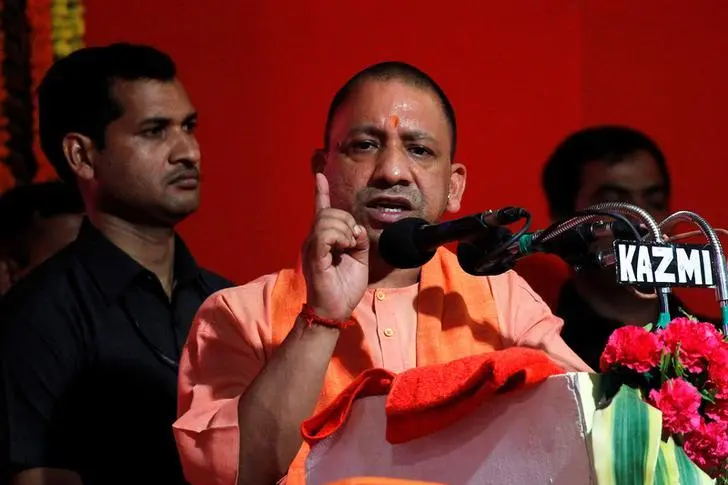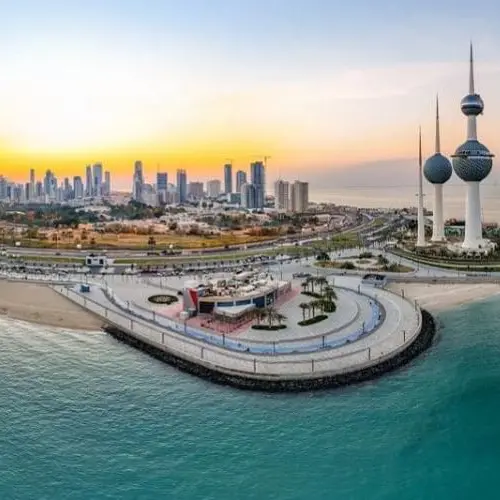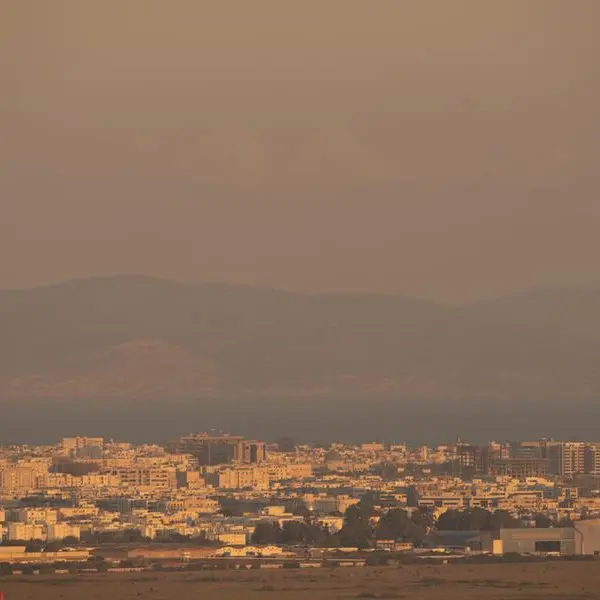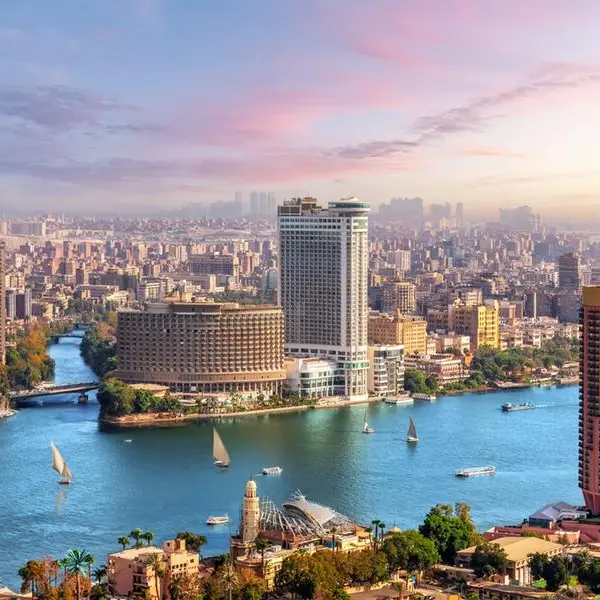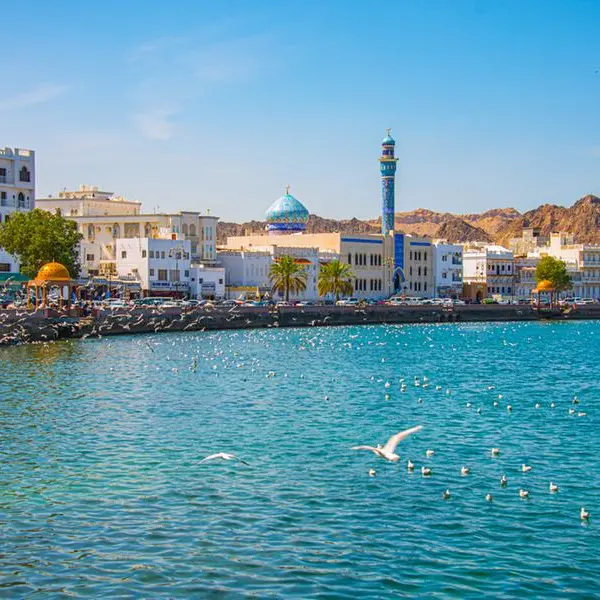PHOTO
AZAMGARH, India - Rajeev Yadav was a teenage documentary maker in the late 2000s when he filmed a prominent Hindu monk in northern India making fiery speeches to roaring applause by crowds of followers.
The saffron-clad monk, Yogi Adityanath, has gone on to become chief minister of India's most populous state of Uttar Pradesh, home to 200 million people who vote in a key election this month that opinion polls suggest will return him to power.
Despite odds stacked against him, Yadav, 35, is running as an independent candidate in the state ballot, campaigning against what he calls the "politics of hate" by Hindu hardliners which minority communities say marginalises them.
The issue has been central to Indian politics since Prime Minister Narendra Modi and his Hindu nationalist Bharatiya Janata Party (BJP) stormed to power in 2014 and increased its majority five years later.
Modi and other BJP leaders including Adityanath have defended their record, saying that they do not discriminate and are pursuing policies that will benefit all Indians.
The main opposition Congress party and activists like Yadav argue that by putting the Hindu majority first, they are pursuing a divisive agenda.
Communal tensions have spilled into violence in recent years, including in Uttar Pradesh which has a large Muslim population.
"Activism alone is no longer enough," said Yadav, sitting on the roof of a mud and brick home overlooking paddy fields in his hometown of Azamgarh. His rivals in the local election are from the BJP, Congress and the regional Samajwadi Party.
Yadav's group, Rihai Manch – or Platform for Liberation – is best known for providing legal aid to Muslims, who make up some 14% of the population nationwide, and Dalits, who are considered to be lower caste in India.
In 2019, during nationwide protests against a citizenship law that Muslims said discriminated against them, the group said that two of its members were arrested by police.
The state police chief told reporters at the time that Rihai Manch had incited violence during protests, something it denies. UN human rights representatives condemned the arrests and alleged assault of hundreds of protesters and activists.
THORN IN SIDE
Upcoming elections in Uttar Pradesh and four other states are a key barometer of the BJP's popularity ahead of national elections in 2024.
For Yadav it is an opportunity to provide an alternative to Adiyanath, who supporters on the Hindu right and some political analysts see as a potential successor to Modi.
"It is not just Muslims, there are the downtrodden, the backward castes, who are also being oppressed by this government," said Yadav.
As well as championing those groups, he has vowed to look into how the police treat them and also fight for higher incomes for farmers in the rural area.
Adityanath's spokesman rejected the idea that any community was being targeted.
"Chief Minister Yogi Adityanath has given space to every voice," Rakesh Tripathi said.
Yadav has long been a thorn in Adityanath's side. When Adityanath became chief minister in 2017, television news channels aired clips from incendiary speeches he had made in the late 2000s and which had been filmed by Yadav.
Those videos form part of the evidence in a long-running hate speech case against Adityanath that is at the Supreme Court.
In one of the videos filmed in the eastern town of Gorakhpur in 2007 and aired on multiple TV channels later, Adityanath appears to condone violence in response to the death of a Hindu boy. Deadly communal riots broke out in the city after the remarks.
"The language he was using was the most extreme form of Hindu nationalism we had heard," said Yadav.
BJP officials and Adityanath representatives did not respond to requests for comment on the footage.
(Reporting by Zeba Siddiqui and Saurabh Sharma in Azambargh; Editing by Mike Collett-White)
